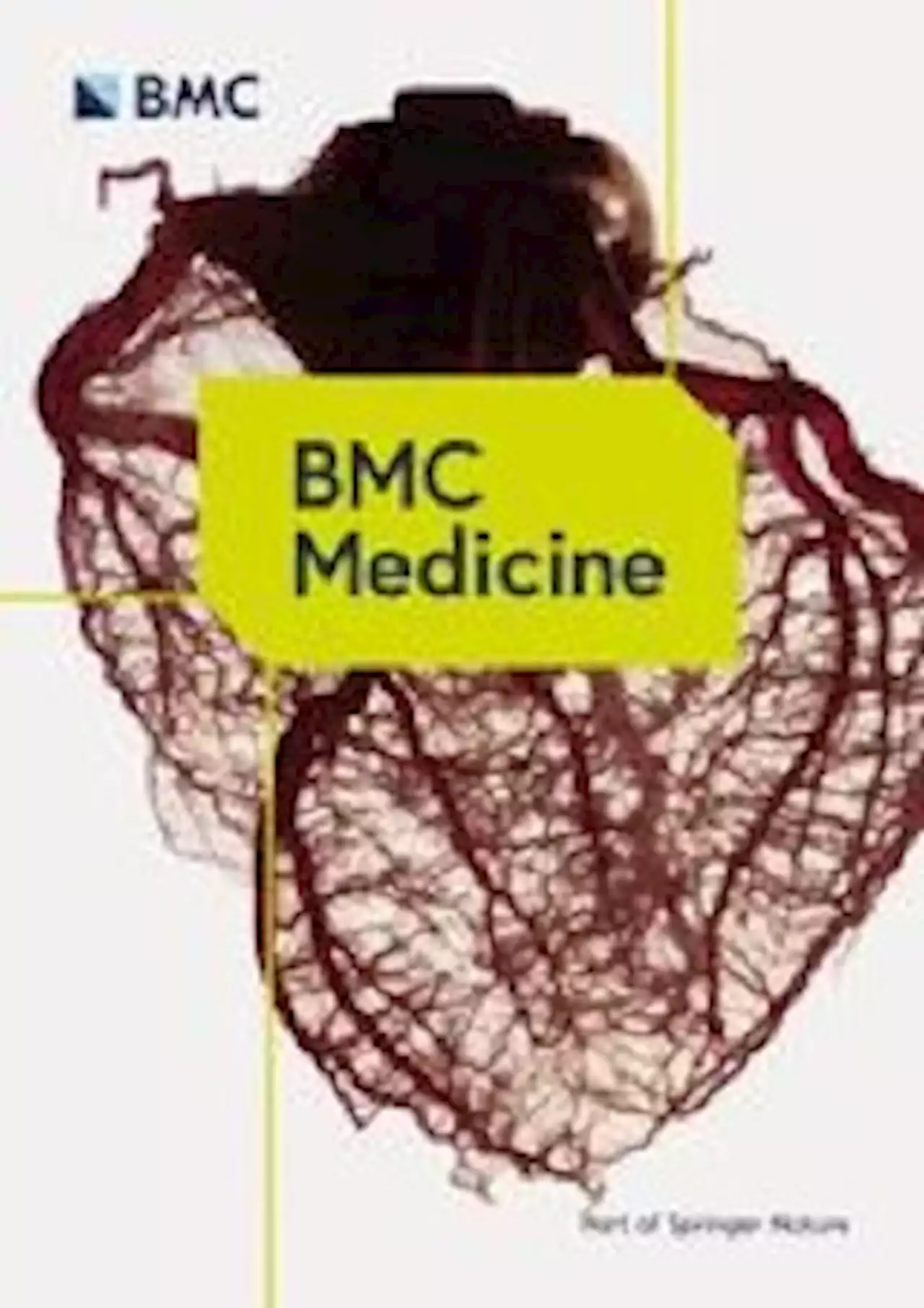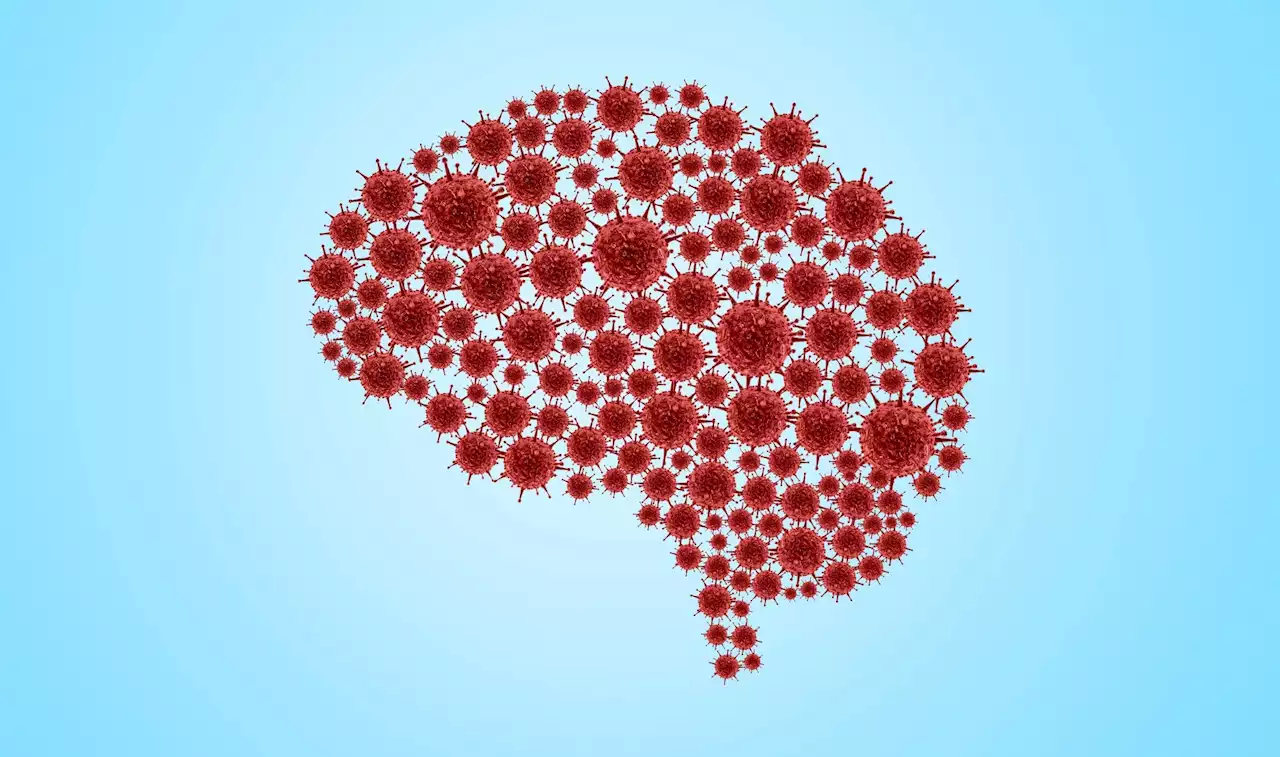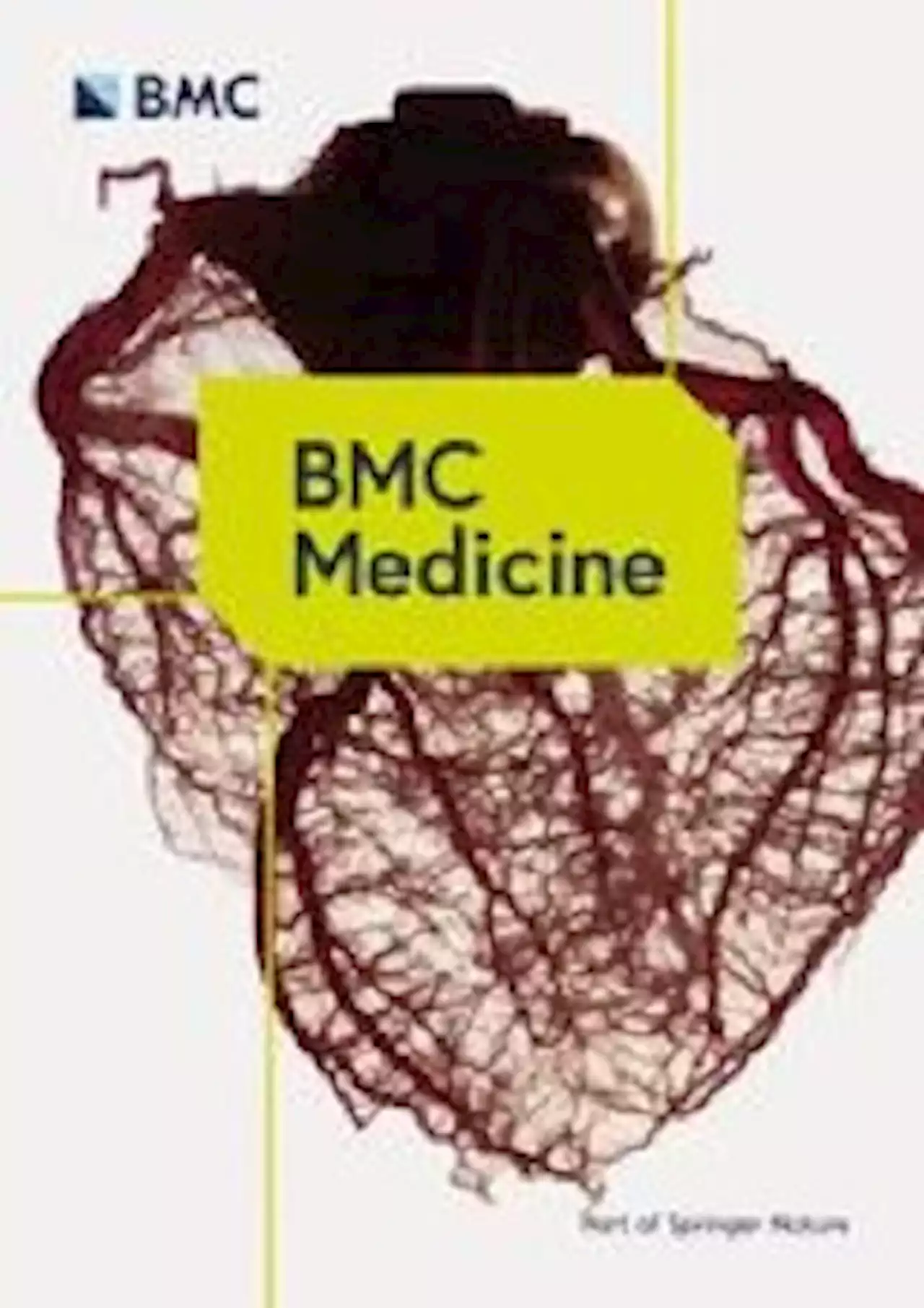A study published in BMCMedicine finds that insomnia symptoms may have broad effects on health and may play a role in multimorbidity. The authors suggest further research and integration of insomnia treatments into the treatment of other diseases.
]. Outcomes included those obtained from responses to baseline and follow-up questionnaires, baseline assessments such as weight, height, blood pressure and bone density measurements, follow-up assessments such as accelerometer measurements and a range of different scans , biomarker measures from blood or urine samples and outcomes from linkage to primary and secondary care, and the national cancer and death registers.
The two-sample MR analysis used the same 129 SNPs and SNP-insomnia symptoms associations used by the MR-PheWAS GRS [], and the SNP-outcome associations were extracted from the GWAS for each outcome. We used the TwoSampleMR package for the two-sample MR analyses, which has a built-in function for harmonising SNPs between the SNP-exposure and SNP-outcome summary results . By default, SNPs are excluded if harmonisation is not possible .
United Kingdom Latest News, United Kingdom Headlines
Similar News:You can also read news stories similar to this one that we have collected from other news sources.
 Associations between an inflammatory diet index and severe non-alcoholic fatty liver disease: a prospective study of 171,544 UK Biobank participants - BMC MedicineBackground Although non-alcoholic fatty liver disease (NAFLD) is linked to inflammation, whether an inflammatory diet increases the risk of NAFLD is unclear. This study aimed to examine the association between the Energy-adjusted Diet Inflammatory Index (E-DII) score and severe NAFLD using UK Biobank. Methods This prospective cohort study included 171,544 UK Biobank participants. The E-DII score was computed using 18 food parameters. Associations between the E-DII and incident severe NAFLD (defined as hospital admission or death) were first investigated by E-DII categories (very/moderately anti-inflammatory [E-DII 1]) using Cox proportional hazard models. Nonlinear associations were investigated using penalised cubic splines fitted into the Cox proportional hazard models. Analyses were adjusted for sociodemographic, lifestyle and health-related factors. Results Over a median follow-up of 10.2 years, 1489 participants developed severe NAFLD. After adjusting for confounders, individuals in the very/moderately pro-inflammatory category had a higher risk (HR: 1.19 [95% CI: 1.03 to 1.38]) of incident severe NAFLD compared with those in the very/moderately anti-inflammatory category. There was some evidence of nonlinearity between the E-DII score and severe NAFLD. Conclusions Pro-inflammatory diets were associated with a higher risk of severe NAFLD independent of confounders such as the components of the metabolic syndrome. Considering there is no recommended treatment for the disease, our findings suggest a potential means to lower the risk of NAFLD.
Associations between an inflammatory diet index and severe non-alcoholic fatty liver disease: a prospective study of 171,544 UK Biobank participants - BMC MedicineBackground Although non-alcoholic fatty liver disease (NAFLD) is linked to inflammation, whether an inflammatory diet increases the risk of NAFLD is unclear. This study aimed to examine the association between the Energy-adjusted Diet Inflammatory Index (E-DII) score and severe NAFLD using UK Biobank. Methods This prospective cohort study included 171,544 UK Biobank participants. The E-DII score was computed using 18 food parameters. Associations between the E-DII and incident severe NAFLD (defined as hospital admission or death) were first investigated by E-DII categories (very/moderately anti-inflammatory [E-DII 1]) using Cox proportional hazard models. Nonlinear associations were investigated using penalised cubic splines fitted into the Cox proportional hazard models. Analyses were adjusted for sociodemographic, lifestyle and health-related factors. Results Over a median follow-up of 10.2 years, 1489 participants developed severe NAFLD. After adjusting for confounders, individuals in the very/moderately pro-inflammatory category had a higher risk (HR: 1.19 [95% CI: 1.03 to 1.38]) of incident severe NAFLD compared with those in the very/moderately anti-inflammatory category. There was some evidence of nonlinearity between the E-DII score and severe NAFLD. Conclusions Pro-inflammatory diets were associated with a higher risk of severe NAFLD independent of confounders such as the components of the metabolic syndrome. Considering there is no recommended treatment for the disease, our findings suggest a potential means to lower the risk of NAFLD.
Read more »
 Associations between an inflammatory diet index and severe non-alcoholic fatty liver disease: a prospective study of 171,544 UK Biobank participants - BMC MedicineBackground Although non-alcoholic fatty liver disease (NAFLD) is linked to inflammation, whether an inflammatory diet increases the risk of NAFLD is unclear. This study aimed to examine the association between the Energy-adjusted Diet Inflammatory Index (E-DII) score and severe NAFLD using UK Biobank. Methods This prospective cohort study included 171,544 UK Biobank participants. The E-DII score was computed using 18 food parameters. Associations between the E-DII and incident severe NAFLD (defined as hospital admission or death) were first investigated by E-DII categories (very/moderately anti-inflammatory [E-DII 1]) using Cox proportional hazard models. Nonlinear associations were investigated using penalised cubic splines fitted into the Cox proportional hazard models. Analyses were adjusted for sociodemographic, lifestyle and health-related factors. Results Over a median follow-up of 10.2 years, 1489 participants developed severe NAFLD. After adjusting for confounders, individuals in the very/moderately pro-inflammatory category had a higher risk (HR: 1.19 [95% CI: 1.03 to 1.38]) of incident severe NAFLD compared with those in the very/moderately anti-inflammatory category. There was some evidence of nonlinearity between the E-DII score and severe NAFLD. Conclusions Pro-inflammatory diets were associated with a higher risk of severe NAFLD independent of confounders such as the components of the metabolic syndrome. Considering there is no recommended treatment for the disease, our findings suggest a potential means to lower the risk of NAFLD.
Associations between an inflammatory diet index and severe non-alcoholic fatty liver disease: a prospective study of 171,544 UK Biobank participants - BMC MedicineBackground Although non-alcoholic fatty liver disease (NAFLD) is linked to inflammation, whether an inflammatory diet increases the risk of NAFLD is unclear. This study aimed to examine the association between the Energy-adjusted Diet Inflammatory Index (E-DII) score and severe NAFLD using UK Biobank. Methods This prospective cohort study included 171,544 UK Biobank participants. The E-DII score was computed using 18 food parameters. Associations between the E-DII and incident severe NAFLD (defined as hospital admission or death) were first investigated by E-DII categories (very/moderately anti-inflammatory [E-DII 1]) using Cox proportional hazard models. Nonlinear associations were investigated using penalised cubic splines fitted into the Cox proportional hazard models. Analyses were adjusted for sociodemographic, lifestyle and health-related factors. Results Over a median follow-up of 10.2 years, 1489 participants developed severe NAFLD. After adjusting for confounders, individuals in the very/moderately pro-inflammatory category had a higher risk (HR: 1.19 [95% CI: 1.03 to 1.38]) of incident severe NAFLD compared with those in the very/moderately anti-inflammatory category. There was some evidence of nonlinearity between the E-DII score and severe NAFLD. Conclusions Pro-inflammatory diets were associated with a higher risk of severe NAFLD independent of confounders such as the components of the metabolic syndrome. Considering there is no recommended treatment for the disease, our findings suggest a potential means to lower the risk of NAFLD.
Read more »
 Sleep disturbances linked to increased risk of acute strokeIn a recent study published in the journal Neurology, researchers investigated how a wide range of symptoms of sleep disturbance, individually and cumulatively, could be associated with the risk of acute stroke.
Sleep disturbances linked to increased risk of acute strokeIn a recent study published in the journal Neurology, researchers investigated how a wide range of symptoms of sleep disturbance, individually and cumulatively, could be associated with the risk of acute stroke.
Read more »
 Study suggests potential therapeutic targets for COVID-19-related neurological pathologiesIn a recent study published in the journal Molecular & Cellular Proteomics, researchers analyzed the proteins in cerebrospinal fluid (CSF) samples obtained from African green monkeys and rhesus macaques infected with severe acute respiratory syndrome coronavirus 2 (SARS-CoV-2 to understand the neurological manifestations of coronavirus disease 2019 (COVID-19).
Study suggests potential therapeutic targets for COVID-19-related neurological pathologiesIn a recent study published in the journal Molecular & Cellular Proteomics, researchers analyzed the proteins in cerebrospinal fluid (CSF) samples obtained from African green monkeys and rhesus macaques infected with severe acute respiratory syndrome coronavirus 2 (SARS-CoV-2 to understand the neurological manifestations of coronavirus disease 2019 (COVID-19).
Read more »
 EastEnders star Maisie Smith lands major new film roleFormer EastEnders star Maisie Smith will have a key role in an upcoming gangster flick, as she lands her first major film role just 18 months after leaving the BBC soap
EastEnders star Maisie Smith lands major new film roleFormer EastEnders star Maisie Smith will have a key role in an upcoming gangster flick, as she lands her first major film role just 18 months after leaving the BBC soap
Read more »
 Austin Butler lines up first leading movie role since ElvisAustin Butler has lined up his next movie role in an adaption of the crime thriller novel City on Fire, his first lead role since his portrayal of Elvis.
Austin Butler lines up first leading movie role since ElvisAustin Butler has lined up his next movie role in an adaption of the crime thriller novel City on Fire, his first lead role since his portrayal of Elvis.
Read more »
